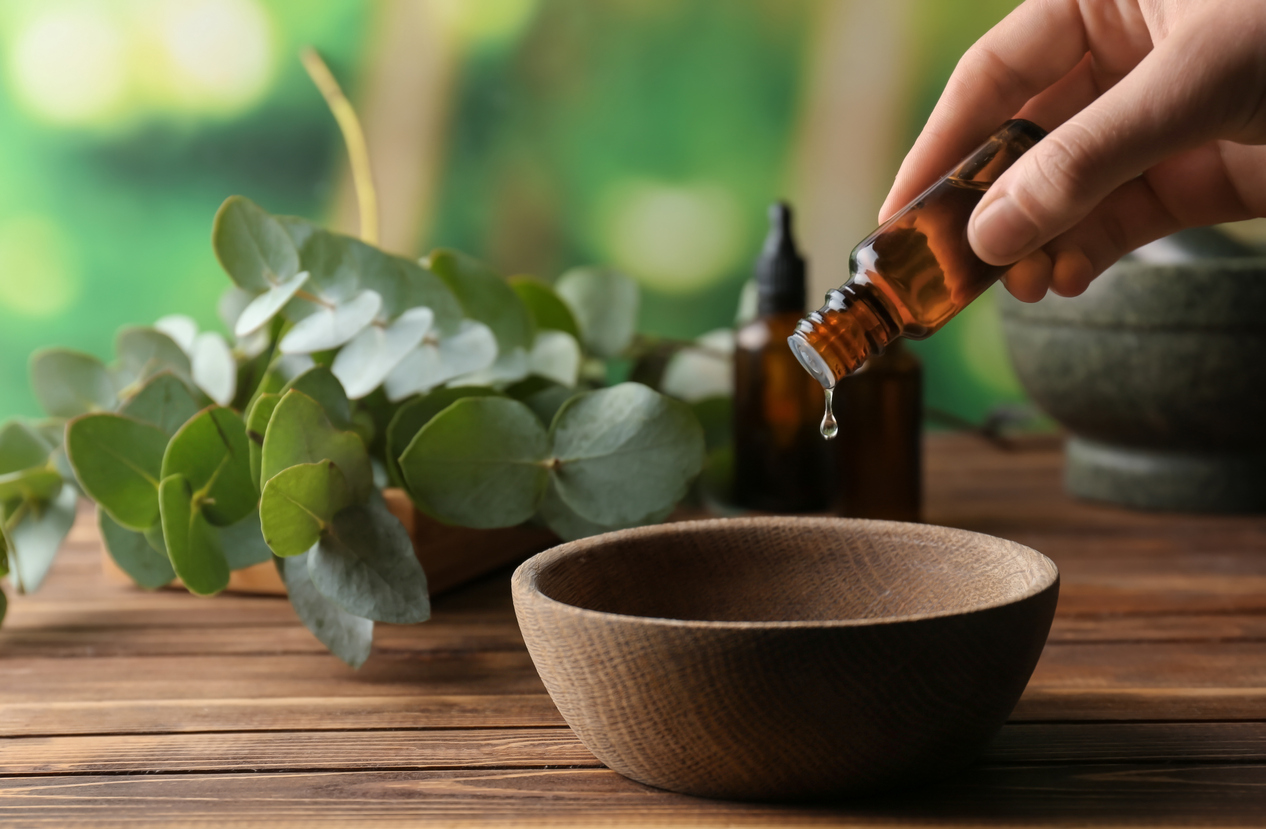What are Essential Oils?
Essential oils are continuing to grow in popularity thanks to many claimed health benefits. Today, we are going to cover whether these health benefits are true or not, but let’s first start with what they actually are. Essential oils are concentrated plant extracts, made by steaming or pressing various parts of a plant, such as the flowers, bark, leaves or fruit. The concentrated oil retains the natural smell and flavor, or “essence,” of their source.
What are the Health Benefits?
Cleveland Clinic cites multiple studies that have shown essential oils to have the following health benefits:
- Boosted mood
- Improved sleep
- Reduced anxiety and pain
- Reduced inflammation
- Kills bacteria, funguses, and viruses
- Can reduce feelings of nausea
- Can relieve headaches
- Can improve cognitive performance through reduced stress levels and increased attentiveness
As John Hopkins Medicine states, these oils can absolutely have a positive impact on your health and well-being, but it is important you use them in a safe way.
Safety Tips
When getting started with essential oils, the most important step is to choose a high quality product. Some oils are obtained through a chemical processes and are not considered true essential oils. Cheaper oils can have harmful ingredients diluting the oil, so it is important to read the label! To choose the safest product, look for a label that includes the latin name of the plant, country of origin, and plant part(s) the oil is produced from, as well as the method used to obtain the oil, either through distillation (via steam and/or water) or mechanical methods, such as cold pressing. Once you have chosen a quality product, these are the safest ways to use essential oils:
- Aromatherapy accessories: Necklaces, bracelets and keychains made with absorbent materials you apply oils to and sniff throughout the day.
- Body oil: A mixture of essential oils with a carrier oil such as olive, jojoba or coconut oil that can be massaged into skin. Because essential oils are concentrated, they can cause irritation. Avoid using them full-strength on skin.
- Diffusing: Use a diffuser to mix water and the essential oil of your choice to disperse the oil into the air. The ratio of water and oil depends on the machine but typically only a few drops of oil are necessary.
- Never ingest any essential oils, regardless of the quality!
For more information on essential oils and for a list of common oils and their uses, check out Cleveland Clinic!
This is a topic we covered in our September edition of HD Heartbeat. If you are interested in signing up for our monthly newsletter, contact us today!




